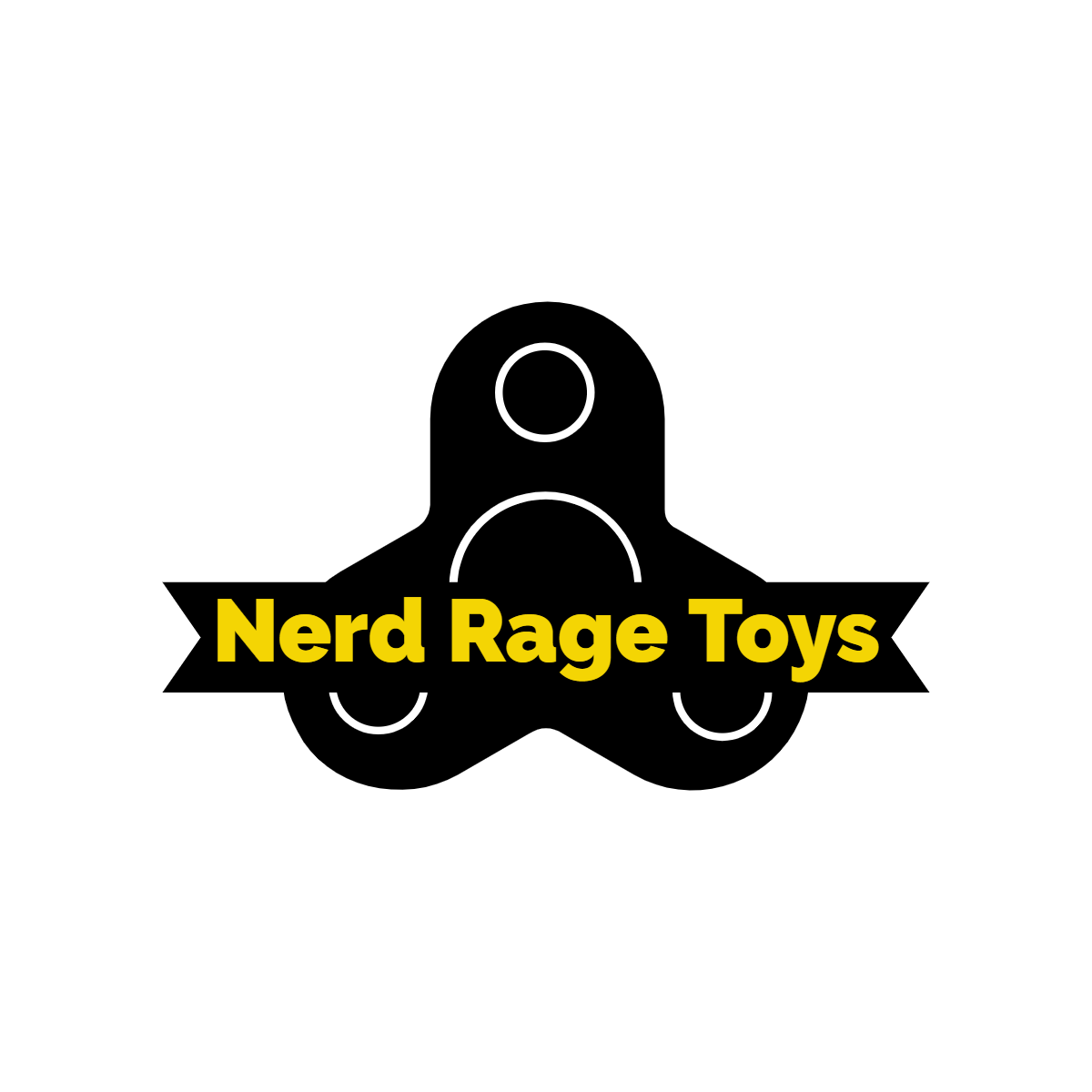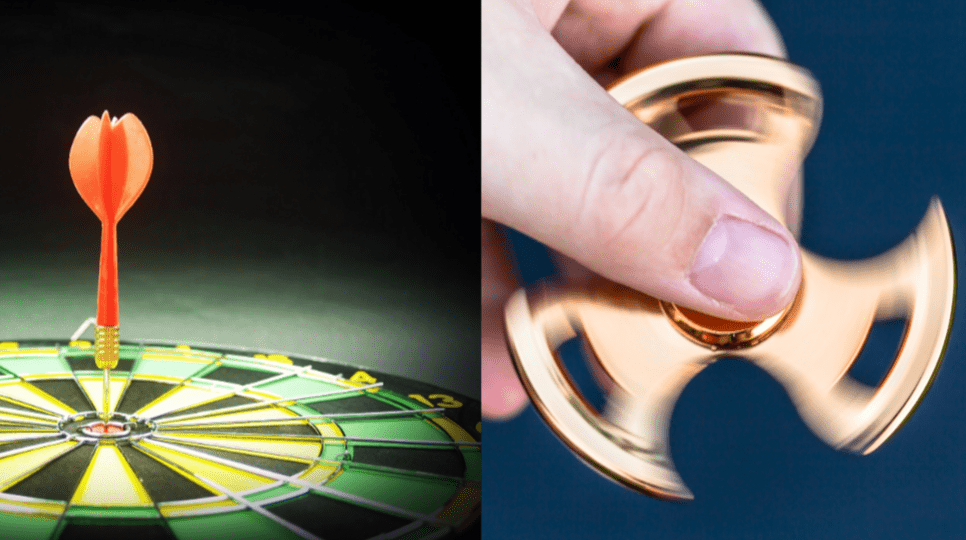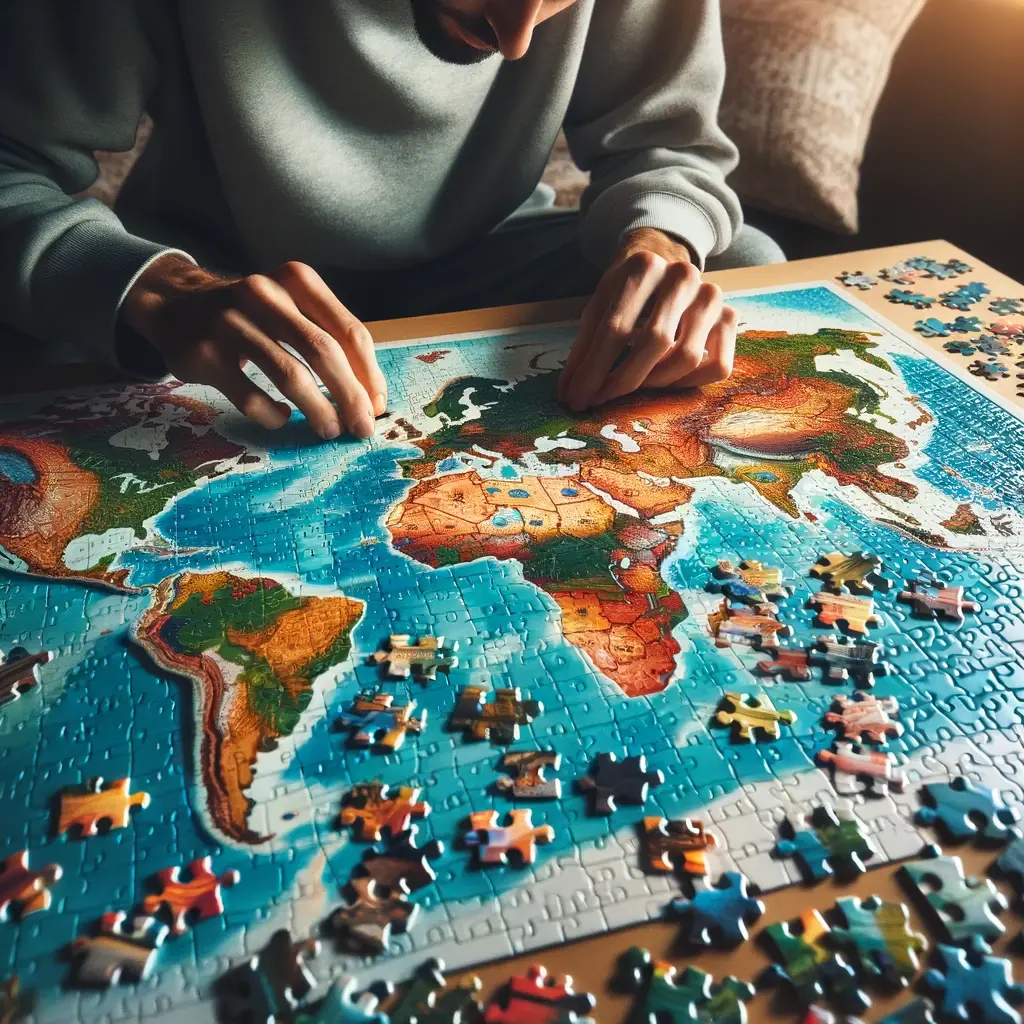In the vast ocean of productivity hacks and concentration aids, fidget toys have emerged as the unlikely heroes for many seeking to enhance their focus. From the whirl of a spinner to the click of a cube, these handheld gadgets are touted not only as stress relievers but as tools for improving attention spans. But as we navigate through this sea of claims, one question bobs persistently to the surface: Is there real science behind the concentration benefits of fidget toys, or is it all just spin? Let’s dive in, shall we?
The act of Fidgeting: The Unconscious Mind at Play
To understand the potential benefits of fidget toys, we first need to explore the act of fidgeting itself. Fidgeting, the small, often unconscious movements we make while our attention is directed elsewhere, has been a subject of study in psychology and neuroscience for decades. These movements range from tapping our feet to twirling our hair and are thought to be a physical manifestation of our brain’s restlessness. So, where do fidget toys fit into this picture?
The Focus-Fidget Connection
Several studies have suggested that fidgeting can, paradoxically, help some individuals concentrate better, particularly those with ADHD (Attention Deficit Hyperactivity Disorder). The theory is that engaging in a light, physical activity like fidgeting can provide just enough mental stimulation to prevent the mind from wandering, thereby enhancing focus on the primary task at hand.
Research in the field of psychology and neuroscience has provided mixed results. Some studies support the idea that fidget toys can benefit individuals with attention disorders by increasing their concentration and productivity. For instance, a study found that children with ADHD performed better on cognitive tasks when they were allowed to fidget. However, these benefits are not universal, with other studies suggesting minimal to no impact on concentration for the general population.
The Sensory Input Factor
The argument for fidget toys enhancing focus hinges on the concept of sensory input. These toys provide tactile, visual, or auditory feedback that can help ground individuals in the present moment, potentially reducing anxiety and increasing attention. This sensory input is believed to occupy parts of the brain that might otherwise be dedicated to distractions, thus allowing for better concentration on tasks that require sustained mental effort.
Fidget Toys in the Classroom and Beyond
The popularity of fidget toys in educational settings has sparked debate among educators and psychologists. While some teachers report a noticeable improvement in concentration and behavior among students using fidget toys, others argue that they can be a distraction, not just to the user but to classmates as well. This dichotomy highlights the need for further research and suggests that the effectiveness of fidget toys might vary widely based on individual needs and environmental context.
So To Fidget or Not to Fidget?
So, do fidget toys really enhance focus? The answer, much like the intricate workings of our brain, is complex. For individuals with ADHD or certain sensory processing issues, fidget toys may indeed offer a valuable outlet for excess energy and a path to improved concentration. However, the universal application of fidget toys as a concentration aid is still up for debate. What’s clear is that the science of concentration is as individual as the tools we use to harness it. Whether you’re a spinner, a clicker, or a steadfast skeptic, the quest for focus continues—with or without a fidget toy in hand.
In our quest for concentration in a world brimming with distractions, fidget toys represent a fascinating blend of psychology, neuroscience, and plain old curiosity. Whether they’re a placebo or a genuine tool for focus, their popularity underscores a universal truth: we’re all just looking for ways to channel our energies into the tasks that matter most. So, if a little fidgeting helps steer that ship, perhaps it’s not such a trivial pursuit after all.







Leave a Reply